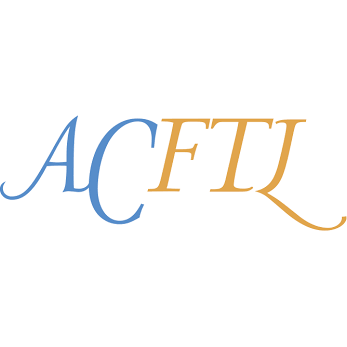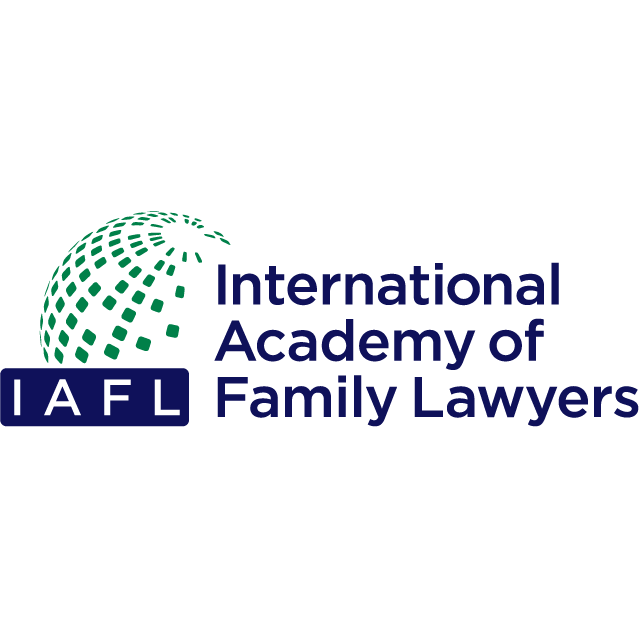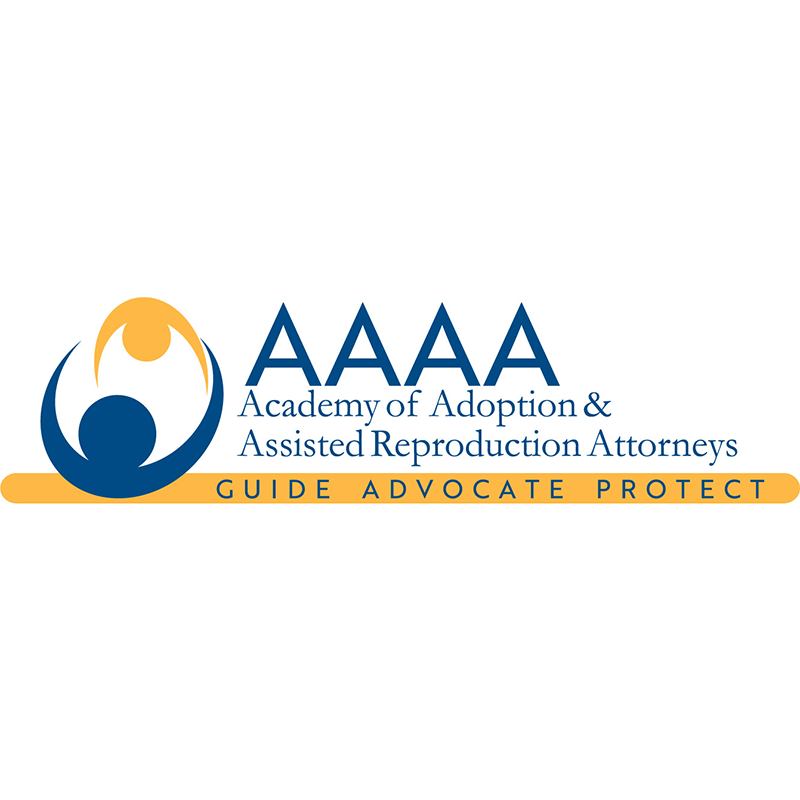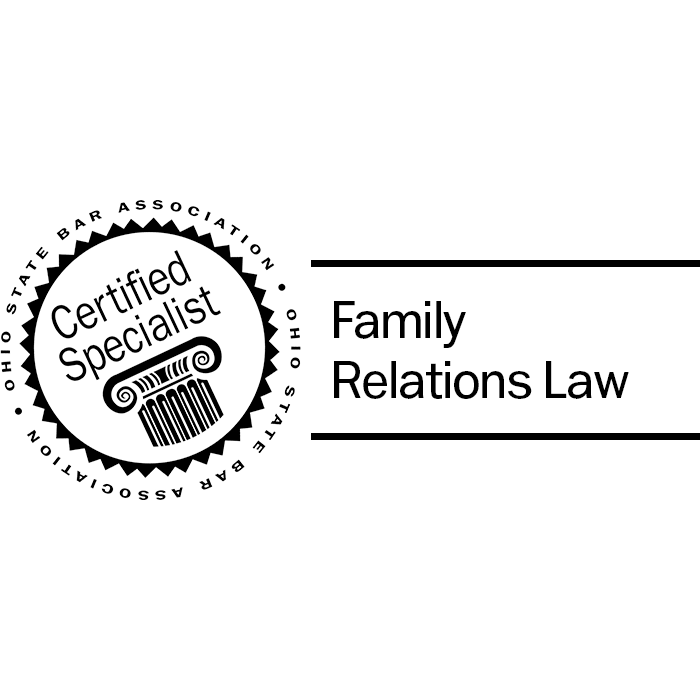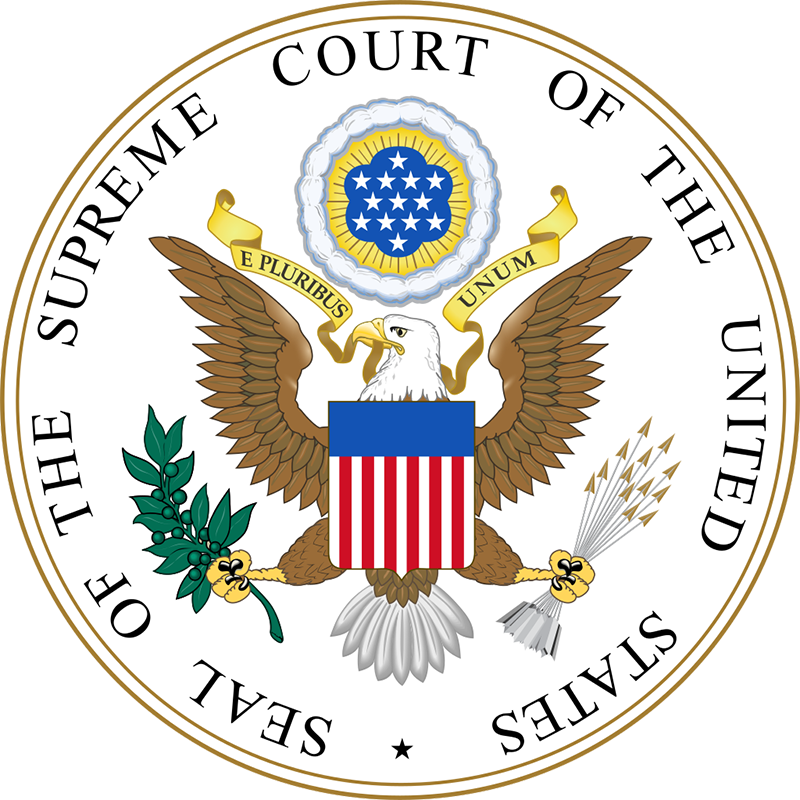Divorce is the most common cause of people's interaction with the family court system. It is both a reason that people go to family court and a starting point for many other family law issues.
All states have now implemented no-fault divorce. Before no-fault divorce, the party seeking a divorce would have to prove that the divorce was legally necessary. Now, if both parties consent to the divorce, the court will grant the divorce, usually after a certain amount of time. People can still seek an at-fault divorce if issues like adultery and domestic violence are present.
Even if there is fault in the dissolution of marriage, in most cases the divorce or matrimonial lawyer will suggest a no-fault divorce, simply because they tend to be simpler, and since fault is rarely a consideration in the division of the marital estate.
There are two basic ways that states approach the division of property. In most states, the marital estate consists only of property that is acquired during the marriage. The most common method is called "equitable distribution." Under equitable distribution, the court uses a variety of factors, set by law, in order to make a a determination of who gets what after a divorce.
Factors depend on the specific jurisdiction, but often include the duration of the marriage, the income of each spouse, the potential career opportunities of each spouse and the contributions of each spouse to the appreciation, preservation and acquisition of marital property.
Fault, however, is rarely an factor that may be considered in the equitable distribution of the marital estate, which is another reason lawyers advise for divorcing couples to seek a no-fault divorce. Fault can often play a role in alimony and spousal support.
Nine states practice the community property doctrine of property division: Arizona, California, Idaho, Louisiana, Nevada, New Mexico, Texas, Washington and Wisconsin. In community property states, each spouse is presumed to have a 50 percent ownership interest in all marital property. Some states have slight variations on this, but community property states tend to have a more equal distribution after divorce.
Couples seeking an amicable divorce, or friendly divorce, can hire a collaborative lawyer. During a collaborative divorce, the two parties work out an agreement for how property will be divided. Most courts will honor such an agreement. Divorcing couples can also seek mediation to avoid painful litigation. Divorce Mediation works in a similar manner to collaborative divorce, with the two parties working out an agreement for property division.
Most states will honor any prenuptial agreements or marital agreements in property division. The standard is usually whether there was a fair and reasonable disclosure of assets, and no coercion involved in the signing of the agreement.























